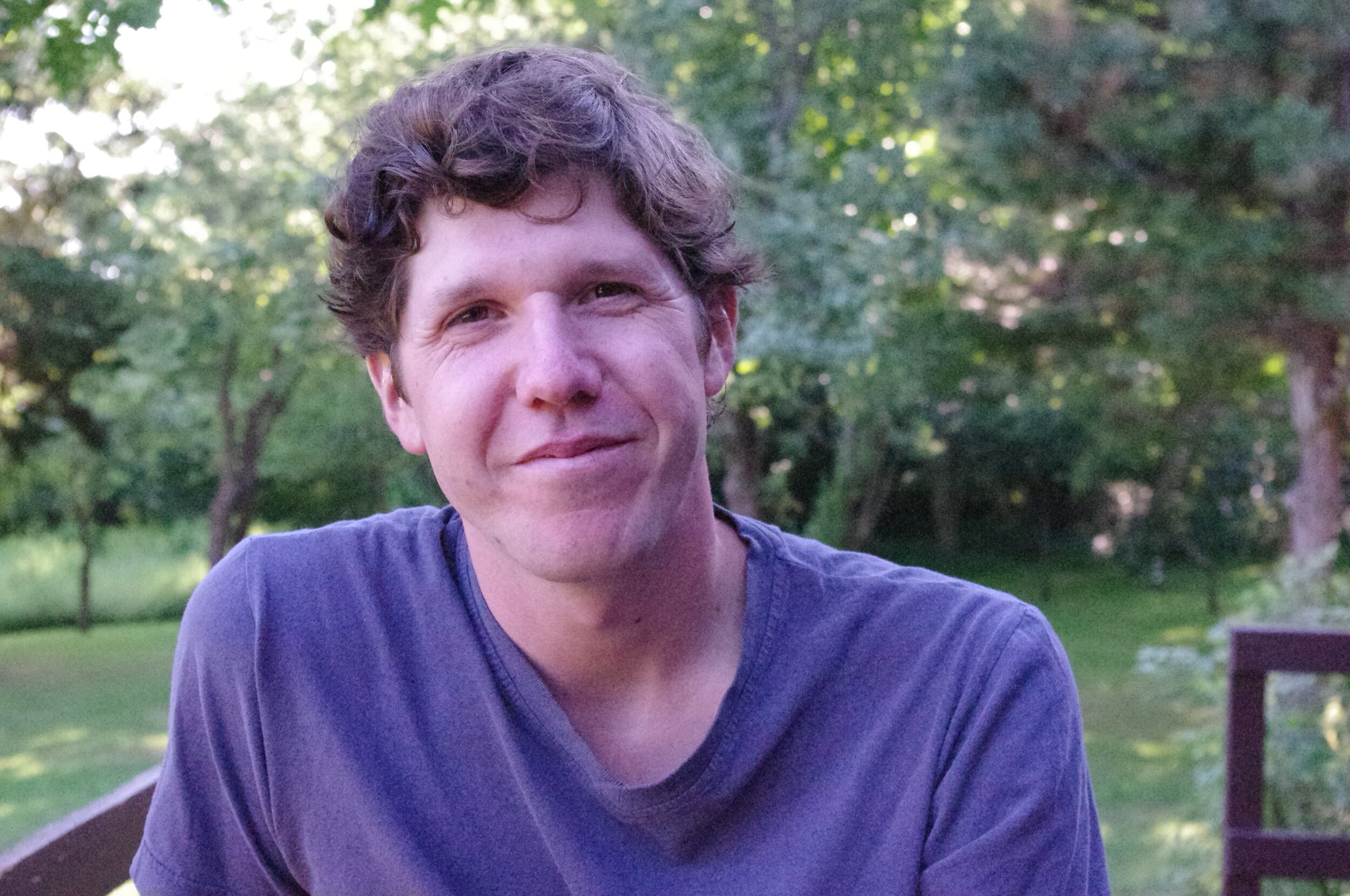Rafico Ruiz
(he/him); Associate Director, Research, Canadian Centre for Architecture
Rafico Ruiz is the Associate Director of Research at the Canadian Centre for Architecture. He holds an ad personam PhD in the History and Theory of Architecture and Communication Studies from McGill University. His research examines the relationships between architecture, infrastructure, and the environment across the circumpolar world. He was recently a SSHRC Banting Postdoctoral Fellow in the Department of Sociology at the University of Alberta. He is the author of Slow Disturbance: Infrastructural Mediation on the Settler Colonial Resource Frontier and the co-editor with Melody Jue of Saturation: An Elemental Politics (both forthcoming with Duke University Press). He was the 2018 Fulbright Canada Research Chair in Arctic Studies at Dartmouth College. His work appears in Communication +1, the International Journal of Communication, Continuum, and Resilience, among others.
Projects
Arctic Infrastructures: Telecommunication, Transit Zones, and Connection in Apex, Nunavut
In collaboration with Pinnguaq, a not-for-profit technology start up based in Pangnirtung, and its Iqaluit Maker Space, this project will convene a workshop in spring 2021 that will provide a forum for youth in Iqaluit to document their experiences of digital connection. The workshop aims to ‘unsettle’ Nunavut’s place as a site of telecommunications provision by collaboratively telling infrastructural stories that, firstly, document experiences of digital delay in Iqaluit, and secondly, in partnership with the workshop’s artist in residence, Geronimo Inutiq, forecast alternative experiences of digital connection that look towards the decolonial futures suggested by community-defined and responsive highspeed broadband.
Collaborators: Geronimo Inutiq; Hannah Tollefson, McGill University; Pinnguaq
Funding: SSHRC IDG; University of Alberta Killam Research Operating Grant
Phase State Earth : Ice at the Ends of Climate Change
Solid, liquid, gas. Ice, water, atmosphere. The planetary earth allows for the element of water to track across its various phases of matter in response to surrounding climatological conditions—the earth is a sphere that relies on cyclical mechanisms that produce our (un)stable surrounding ecologies. “Phase state earth,” on the one hand, designates this planetary regulation of matter that tracks across solids, liquids, and gases, a whole range of viscosities and phase transitions that signal the motile nature of matter on the planet known as Earth. “Phase state earth,” on the other hand, also more pressingly names a condition of phase transition disturbance and unknowability that the planetary earth has become bound by that dates back to the Industrial Revolution, and has been periodized by geologists as the likely too human-centric Anthropocene. It is this “phase state earth,” a condition of cyclical, open-ended disturbance, of phase transitions accelerating or decelerating, of matter becoming transitional, that I seek to document through the drift paths that make up a book manuscript, Phase State Earth: Ice at the Ends of Climate Change, that will soon go out for review in fall 2020.
Funding: Roberta Bondar Postdoctoral Fellowship in Northern and Polar Studies, Trent University; FQRSC Postdoctoral Fellowship, Government of Quebec
After Ice: Cold Humanities for a Warming Planet
This project (now edited collection that will go out for review in fall 2020) first took shape at a workshop we convened at the University of Alberta in spring 2018. Over the intervening period of time, we have shaped the series of chapters (some from participants at the workshop, others from invited contributors) into a collective scholarly project that attempts to situate a state of matter such as ice, currently subject to drastic phase change through global warming, in order to consider how its environmental dimensions express varied forms of political economic power and human stories. Contributors across the collection have rallied around the articulation point provided by the ‘cold humanities’ with a view to examining the capacities of ice across the experiences and conditions of a warming planet. The collection is poised to make a substantial contribution to the environmental humanities, media studies, and political ecology by thinking through ice as both a phase of water and a milieu for the creation of semantic and embodied sensemaking.
Collaborators: Paula Schönach, Aalto University, and Rob Shields, University of Alberta
Funding: SSHRC Connection Grant, UAlberta North, University of Alberta Dean’s Fund
Publications
Slow Disturbance: Infrastructural Mediation on the Settler Colonial Resource Frontier (Durham and London: Duke University Press, forthcoming in 2021).
(co-editor with Melody Jue) Saturation: An Elemental Politics (Durham and London: Duke University Press, forthcoming in 2021).
(co-editor with Aleksandra Kaminska), “Materials and Media of Infrastructure,” special issue of the Canadian Journal of Communication (forthcoming in 2021).
